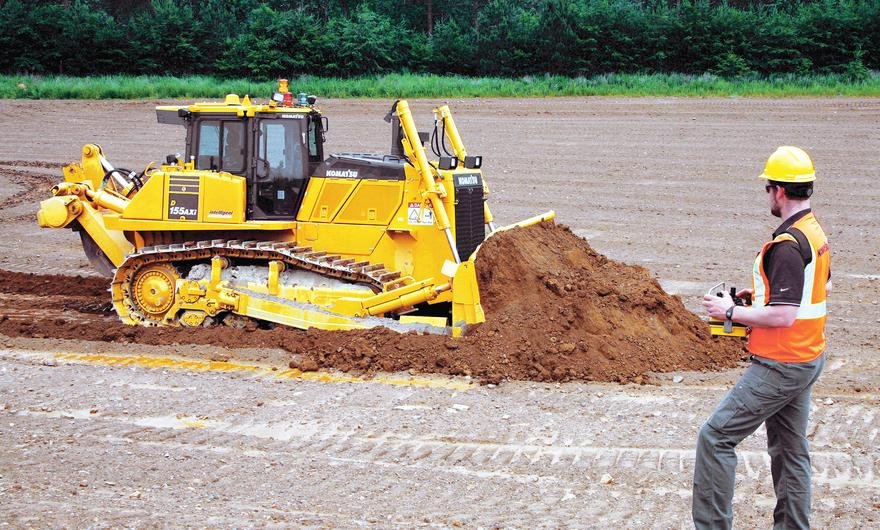Remote Work Sites: Heavy Equipment Rentals Support Remote Projects

Remote construction sites and infrastructure developments present unique challenges. These projects often take place in hard-to-reach or isolated locations. They require heavy machinery to complete the tasks and overcome obstacles. Renting heavy equipment can be a vital part of supporting remote projects. These solutions address such environments’ logistical challenges, financial issues, and operational difficulties. In this article, we will look at how heavy equipment for rent can be the key to success when it comes to projects in remote places.
Remote Work Sites – The Challenges
Remote work sites in rural areas, dense forests, or mountainous regions pose challenges to construction and infrastructure projects.
- Challenges in Logistical Planning: It can be difficult to reach remote sites due to rough terrain, poor road infrastructure, and long distances from supply centers. Logistical challenges arise when transporting heavy machinery to these remote locations.
- High cost: Building a camp base, access roads, and housing for workers on remote sites can prove expensive. A dedicated fleet of heavy-duty equipment can put a strain on budgets.
- Equipment maintenance: Remote site often needs more infrastructure for repair and maintenance. The cost and difficulty of maintaining a fleet can make it impossible to operate heavy machinery in-house.
- Changing requirements: Remote construction projects are frequently faced with unpredictable challenges. This can lead to changes in equipment needs. Adaptability is key.
Heavy Equipment Rental
Heavy equipment rental is an excellent solution to the problems associated with remote job sites. It supports these projects in the following ways:
1. Accessibility: Rental companies specialize in delivering large equipment to remote locations. The logistical expertise of rental companies allows them to transport heavy equipment over difficult terrains and arrive safely and on schedule. It is no longer necessary for project managers or engineers to be concerned about the logistics of transporting equipment.
2. Cost-Effective: Renting heavy equipment can be a more affordable alternative to buying it, particularly if you are working on a project with seasonal or sporadic demands. It allows for more efficient budget allocation by project managers, as they avoid the upfront costs of owning equipment.
3. Maintenance and Repair Services: Even in remote areas, rental agreements often include maintenance or repair services. This ensures the equipment stays in peak condition during the project and reduces downtime.
4. Flexibility: Remote projects can face unexpected challenges requiring different equipment types. Renting allows project managers to access specific machinery required to meet changing requirements.
Conclusion
Remote work sites can present challenges, from logistical complexity to changing equipment requirements and high costs. The rental of heavy equipment can be the perfect solution to help support remote projects. It is accessible, affordable, and offers maintenance services and flexibility.
Heavy equipment rental can be a key component in the success of remote projects, such as building wind farms or laying pipelines through remote wilderness. The rental of heavy equipment allows project managers the flexibility to use resources efficiently, to adapt to changes in requirements and to complete remote projects within budget, on time and with success.
Rental of heavy equipment remains the key to success in challenging environments. With this flexible and affordable approach, project management can confidently navigate the complexities and challenges of remote projects, knowing that the right tools are readily available when and where needed.
